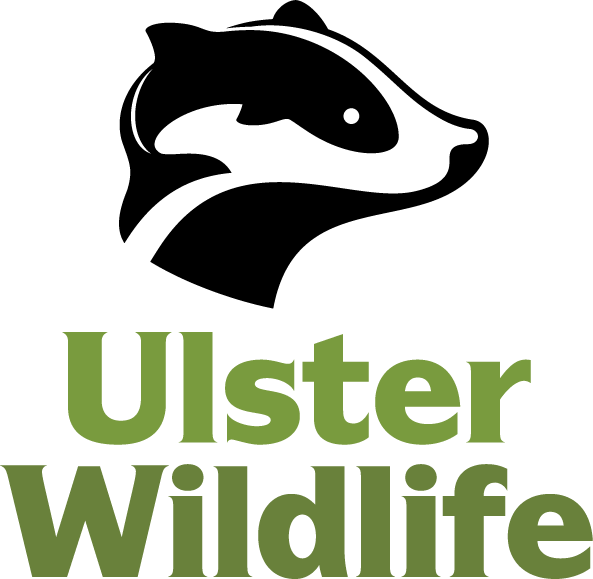This has been a important week for Climate Change activity in Northern Ireland
Firstly, on Wednesday 16th June the UK’s Climate Change Committee (CCC) published its third UK Climate Change Risk Assessment, while also on the same day NI Assembly’s Agriculture, Environment and Rural Affairs (AERA) Committee heard the second session of oral evidence on the cross-party private member’s Climate Change Bill, which is making its way through the legislative stages and is sitting currently at the Committee stage. The AERA Committee has now taken evidence from the CCC (led by Lord Deben), The Woodland Trust, Agri-Food and Biosciences Institute, Northern Ireland Environment Link (with speakers from RSPB(NI) and Friends of the Earth) and Climate NI. Ulster Wildlife contributed to the NIEL papers for this session.
The public Call For Evidence remains open until 15th July.

